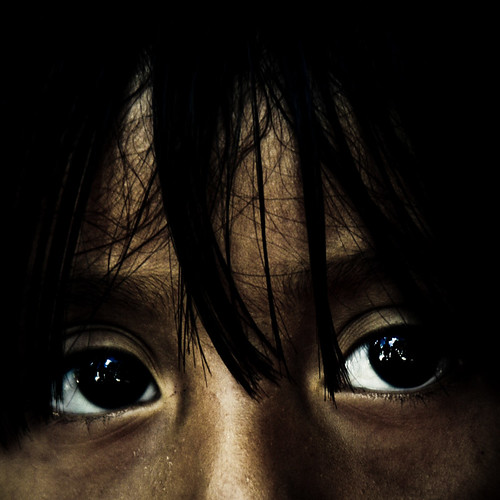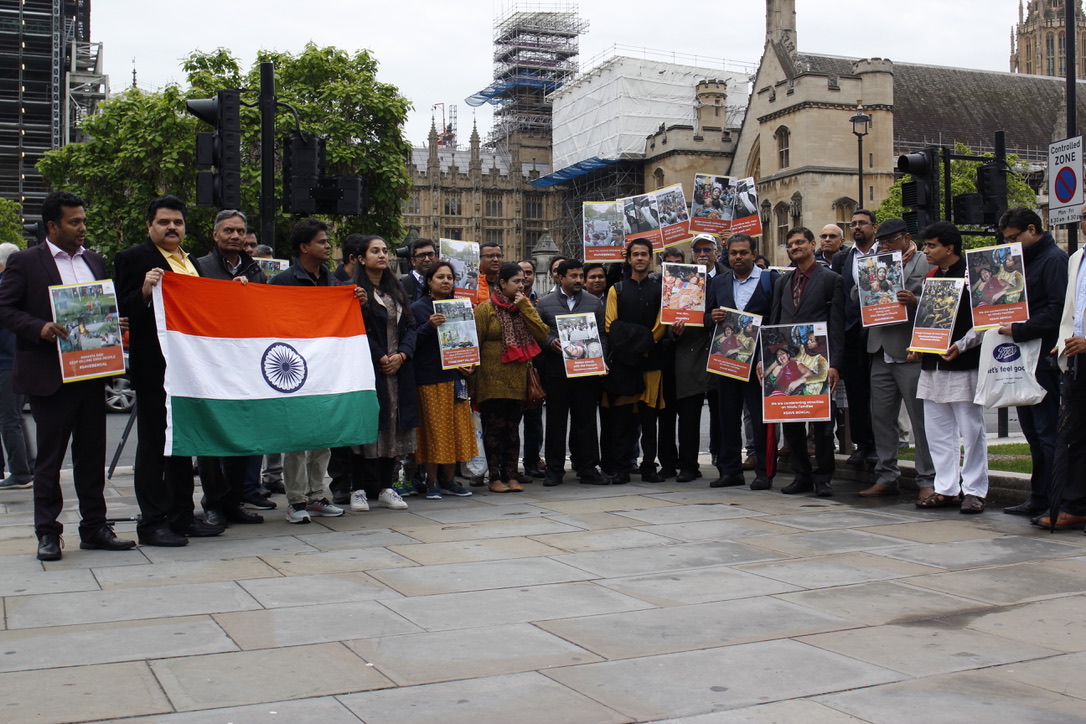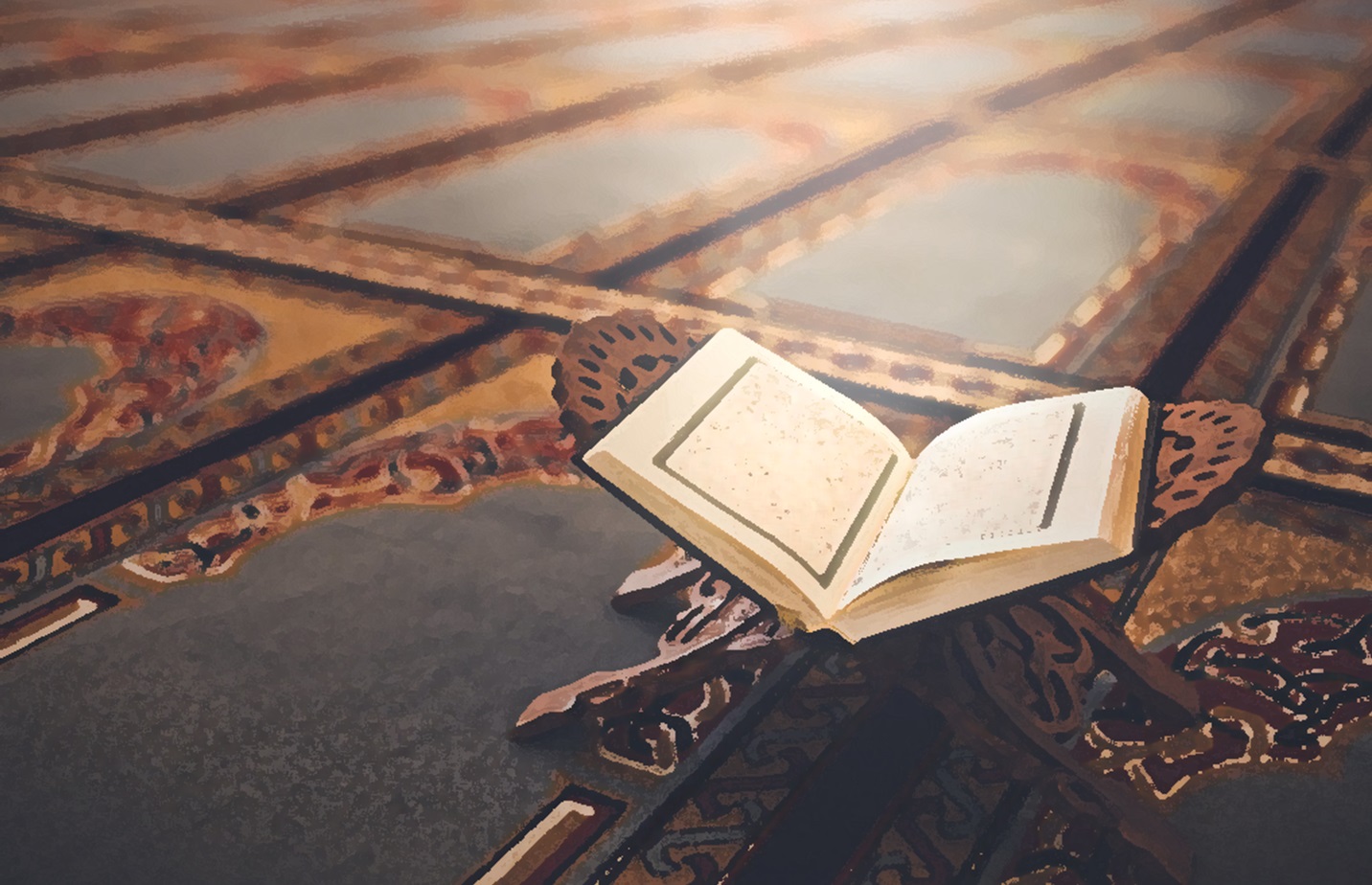(This reflection-piece was written for an event where I was called as a speaker by Vichaar Manthan – UK in Leicester on `The Role of Dharma in the Post-Brexit Indo-British Relationship’. It looks at the spirit of India, and how the idea of ‘unity in diversity’ has been ingrained in its core, and what UK could obtain from this understanding in a post-Brexit world)
Jaimini, the author of the celebrated Purvamimamsa and Uthara Mimamsa, explains ‘Dharma’ thus `Dharma is that which is indicated by the Vedas as conducive to the highest good’. Dharma comes from the word ‘Dhr’ and related to that which upholds equilibrium and balance in society and the Universe. Dharma is a term that appears in a very fluid manner in the ancient and medieval texts of Indi, particularly the itihas or epics such as the Mahabharata and Ramayana. Krishna and Rama, however, do share the commonality of not just the speaking of and on Dharma but living Dharma. And it is this that ancient Indian philosophy embodies. Not just saying or doing things, for these are but temporary flutterings on the cosmos, but rather orienting one’s existence so that that which balances, that which equilibriates and that which respects the inherent unity that the oriental traditions may see in the Brahman or Tao while the occidental, contemporary, scientific tradition may see as products of the singularity that exploded into form with the Big Bang.
So, in a world full of polarities, dualities, multiplicities and differences what can be regarded as the equilibrium, as the balance and the balanced, as Dharmic? When relativistic physics tells us that space (and its associated dimensions), along with time, is frame dependent and has no absolute aspect while quantum physics talks of an even more fuzzy reality, whose evolution depends on its observation, surely such a balance is tricky to demarcate or highlight. The Dharmic tradition therefore does a highly sensible thing in the process: it decentralizes the resolution of this dilemma. It makes Dharma the operational balance of elements in the Universe as determined by their innate tendencies and natures, or Swadharma. Gandhi may have called this Swaraj (or self-rule) as did Bal Gangadhar Tilak but the idea itself has its roots in the Vedas and Upanishads of India. This is turn neatly comes from the concept of Rta, the natural order of things in the Universe. Just like fire burns, water flows, snakes slither and so on. The more relative truths of these tendencies build up the relational reality of our universe. Currently I am studying the possibility of unifying physics as we know it using a relational reality as the basis. Regardless of the result of this research pursuit with Prof. Brian Josephson (Emeritus Professor, Cavendish Laboratory and Nobel Laureate 1973) at Cambridge, at a human level this presents a more accessible and equally universal gem of wisdom: unity in diversity.
Read more here: https://lincogle.wordpress.com/2019/05/19/for-a-dharmic-brexit-and-unity-in-diversity/




